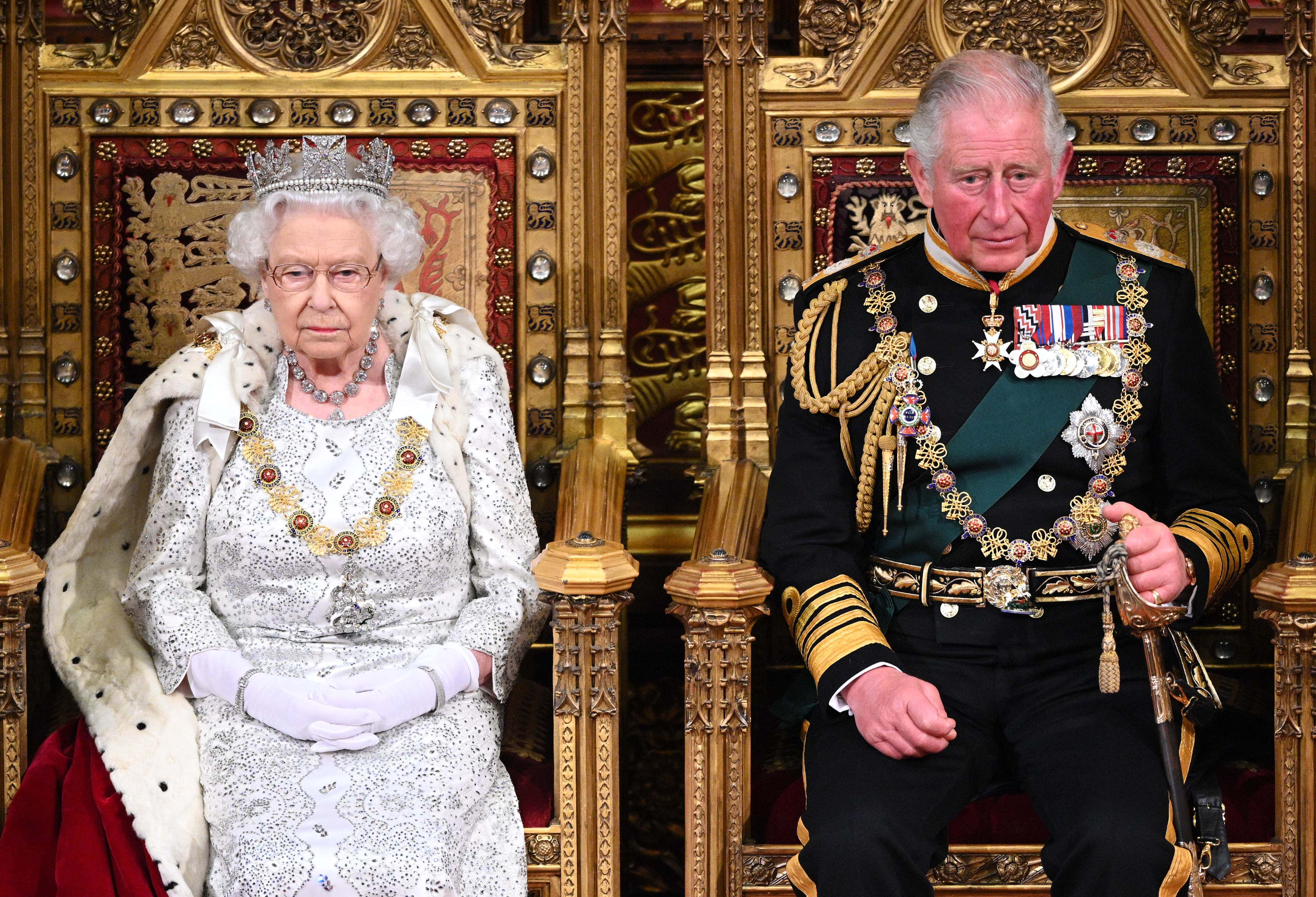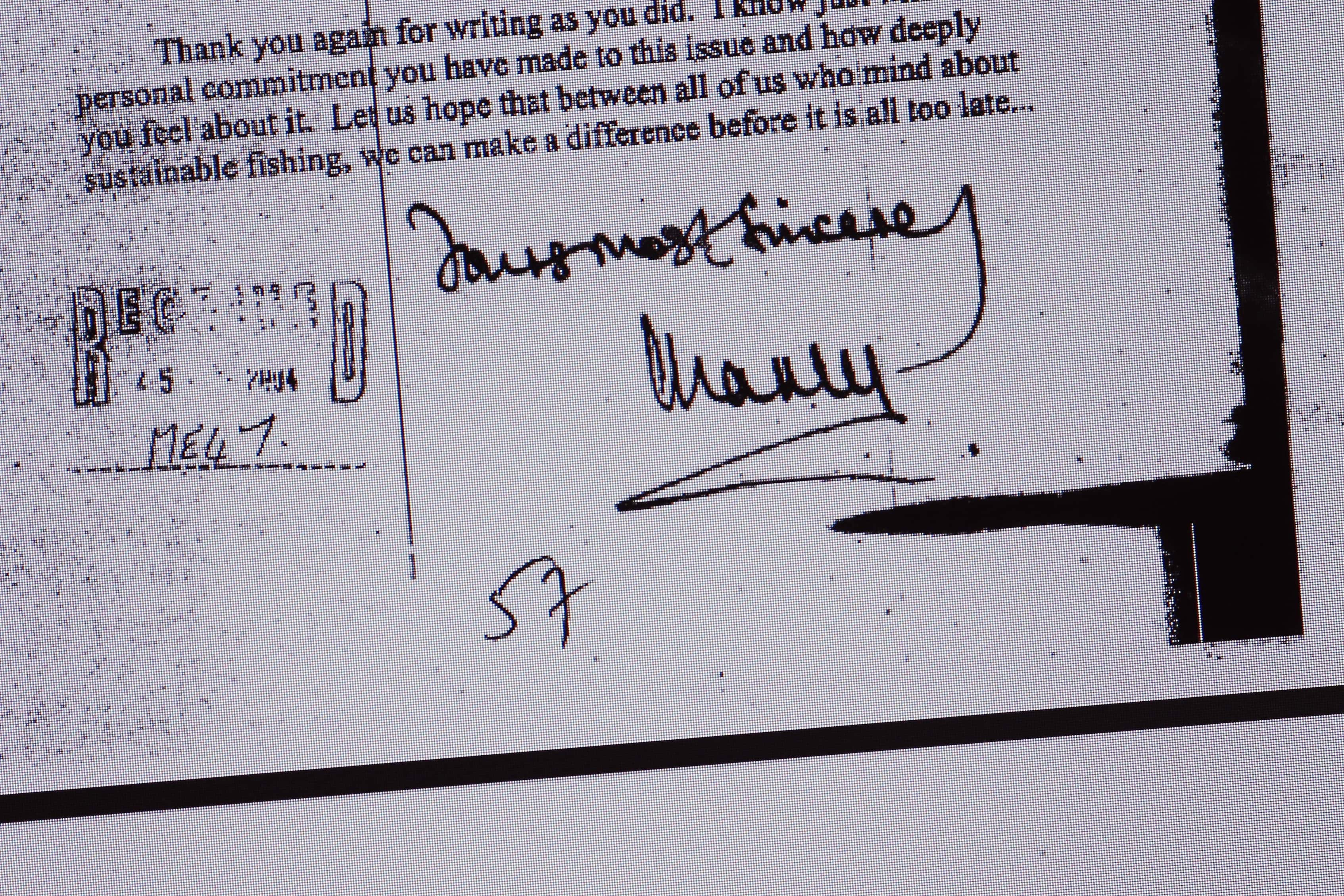What are King Charles III's 'Black Spider' memos? Will the monarch continue to 'meddle' in government affairs

LONDON, ENGLAND: The British monarchy opens a new chapter with King Charles III set to reign. He was the eldest child of the late British monarch Queen Elizabeth II and is the oldest person to ever assume the British throne. The 'kingdom' now awaits his rule after he succeeded his mother, the longest-reigning monarch in British history.
As a king-in-waiting, King Charles III has been watching from the sidelines as he was groomed to take over the throne from his mother. Now, with him assuming the position of power, talk regarding his infamous 'Black spider' memos have resurfaced. These memos are letters and memorandums written by King Charles III, to the British government ministers and politicians over the years. At the time, he was the longest-serving Prince of Wales, and also the heir to the throne. Thus he was supposed to be politically neutral, but the letters are controversial because it expressed his stance on certain issues.
READ MORE
The first and ONLY time Queen Elizabeth II broke royal protocol
The death of Queen Elizabeth II will result in significant change to currencies

King Charles III, when he was still the Prince of Wales, wrote to ministers thinking they were private missives but concerns were raised when they were leaked. Some, especially those from the press, saw the work of a "meddling prince," who was trying to exert undue influence over the government. Issues about which Charles has previously expressed his views on include but are not limited to farming, global warming, compensation culture, military and architecture. To maintain the neutrality of the monarchy, King Charles III will have even less leeway now as he is required to rise above any discussions of political import so as to maintain the neutrality of the monarchy.
The infamous name for the memos, 'Black spider,' came about because of Charles' distinctive penmanship. It was only a matter of time before the content of some of these letters were leaked until, eventually, the press were able to get their hands on almost all of them. On May 13, 2015, the Information Tribunal ordered the release of most of the correspondence in which the letters were made public after a decade-long legal battle waged by The Guardian. After the letters were published, they were described as "advocacy correspondence" by right-leaning media, while the left-leaning media saw it as blatant "lobbying" that affected Charles' neutrality as future king.
The then-prince’s office had responded with a statement criticizing the publication of the letters, saying, "The publication of private letters can only inhibit his ability to express the concerns and suggestions which have been put to him in the course of his travels and meetings.” Royal watchers were not at all keen on considering the memos as "harmless." They were of the view that the former Prince of Wales should have kept his opinions to himself as the royal family’s duties are largely ceremonial now alongwith non-controversial charity work.

King Charles III's letters
In September 2002, a letter from Prince Charles to then Prime Minister Tony Blair was leaked on the day of the Countryside Alliance's 'Liberty and Livelihood' protest march. In the letter, Charles wrote about the views of a farmer from Cumbria, who complained of the British government's treatment of rural workers by saying, "If we, as a group, were Black or gay we would not be victimized or picked on." Charles felt that the government would make greater efforts to protect rural people if they were "any other minority".
During Blair's visit to the military in Northern Ireland on September 8, 2004, Charles criticized the former PM's use of a British Lynx helicopter. “I fear that this is just one more example of where our Armed Forces are being asked to do an extremely challenging job (particularly in Iraq) without the necessary resources,” he wrote.
Charles was believed to have also written letters in June 2001 to Lord Irvine of Lairg (the then lord chancellor) complaining about the Human Rights Act and the resulting "compensation culture.” Charles complained to Irvine that the United Kingdom was "sliding inexorably down the slope of ever-increasing, petty-minded litigiousness" and wrote in 2002 about "ever-more prescriptive laws for conditions like health and safety at work legislation, the blame culture and the bureaucratic red tape which accompanies new rules". Charles was reportedly displeased about the “degree to which our lives are becoming ruled by a truly absurd degree of politically correct interference”.
Just to remind you this is what a Prince Charles Black Spider letter to a foreign princeling looks like (1/2) pic.twitter.com/fmLPBfA2VX
— Meirion Jones (@MeirionTweets) May 13, 2015
In 2009, he even wrote to representatives of the Qatari royal family, the financers of the Chelsea Barracks site in West London, calling the British architect Richard Rogers’ design for the site "unsuitable" and his plans "a gigantic experiment with the very soul of our capital city." The architect was eventually removed from the project in a move Rogers called an "abuse of power.”
In constitutional monarchy policy and diplomacy should be conducted by parliament and government. Monarchy should be seen and not heard.
— Mike Gapes ⚒🇺🇦🇬🇧 (@MikeGapes) May 20, 2014
Among his criticism of the country’s business leaders in August 2021, he exhorted them to do more to save the planet “before it’s finally too late.” His main point was that the only hope for averting climate catastrophe lay in the business elite joining world leaders in this mission. Charles, as recently as March 2022, also criticized Russian leader Vladimir Putin publicly and called the Russian invasion of Ukraine “a brutal aggression causing appalling suffering and devastation.”
However, things are set to change as King Charles III has indicated he would be stepping back from from active roles to serve more as a non-political figurehead, like his mother. In his first speech as king, he said, "My life will of course change as I take up my new responsibilities. It will no longer be possible for me to give so much of my time and energies to the charities and issues for which I care so deeply. But I know this important work will go on in the trusted hands of others.”
Years earlier, during an interview with the BBC in 2018, he had indicated that he was going to far less vocal as a king. “I am not that stupid,” he had said, adding, "The idea, somehow, that I’m going to go on in exactly the same way, if I have to succeed, is complete nonsense because the two — the two situations — are completely different.”
On September 10, Charles was officially proclaimed King Charles III by the Accession Council. Now, after waiting his whole life for the throne, royal family experts have remarked that the former Prince of Wales wants a ‘slimmed-down’ monarchy. But whether that sentiment will also be reflected in the volume of his words remains to be seen.










